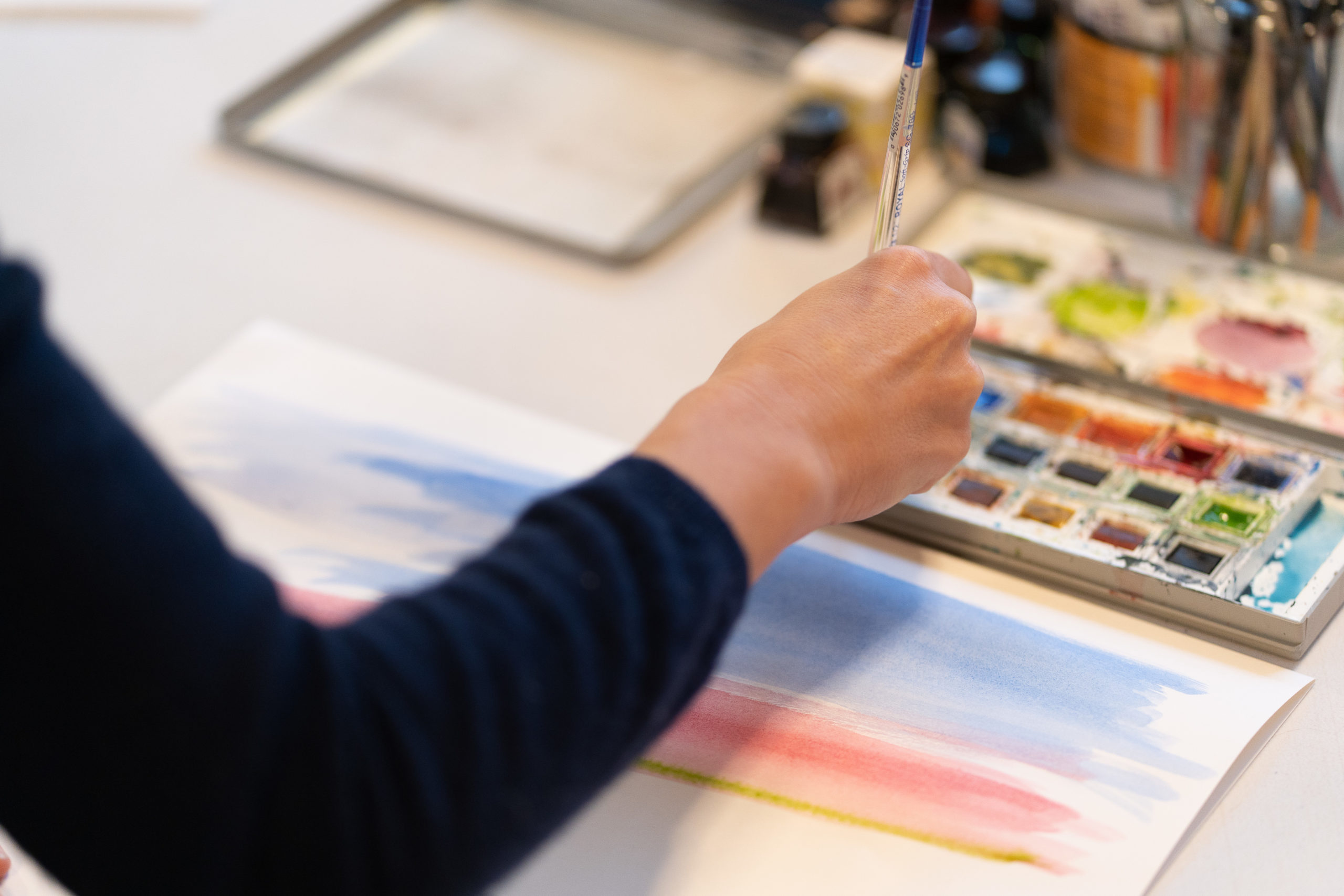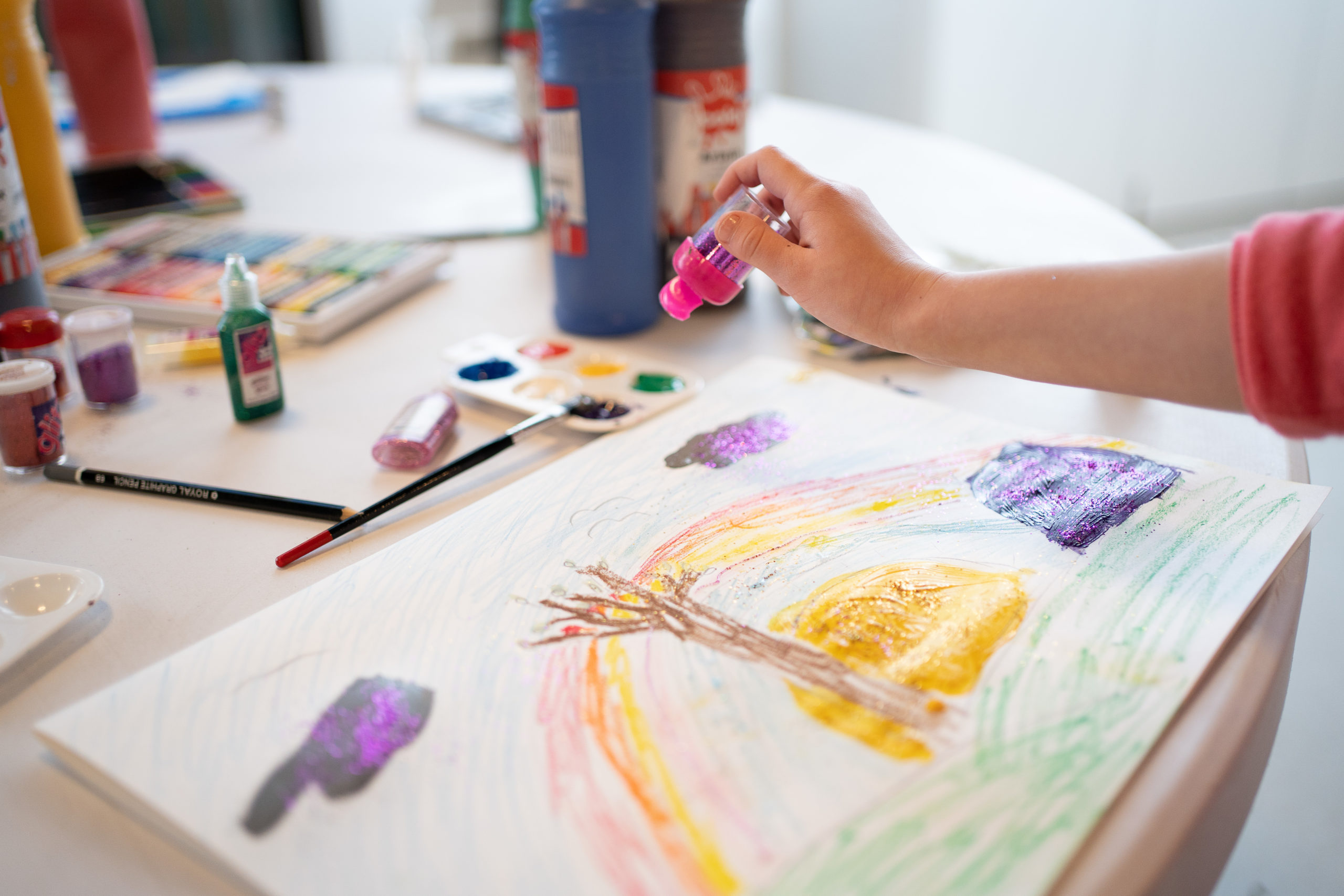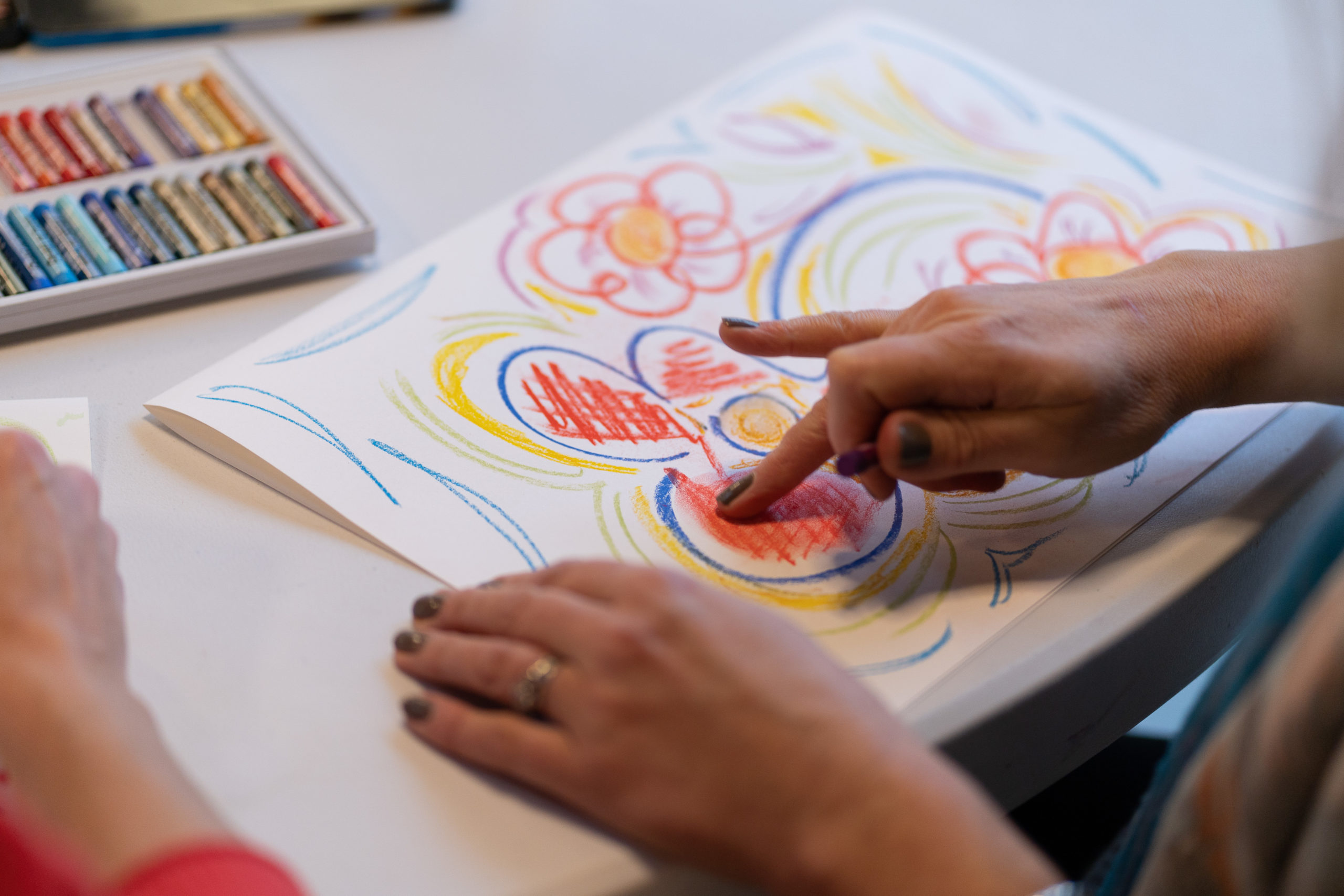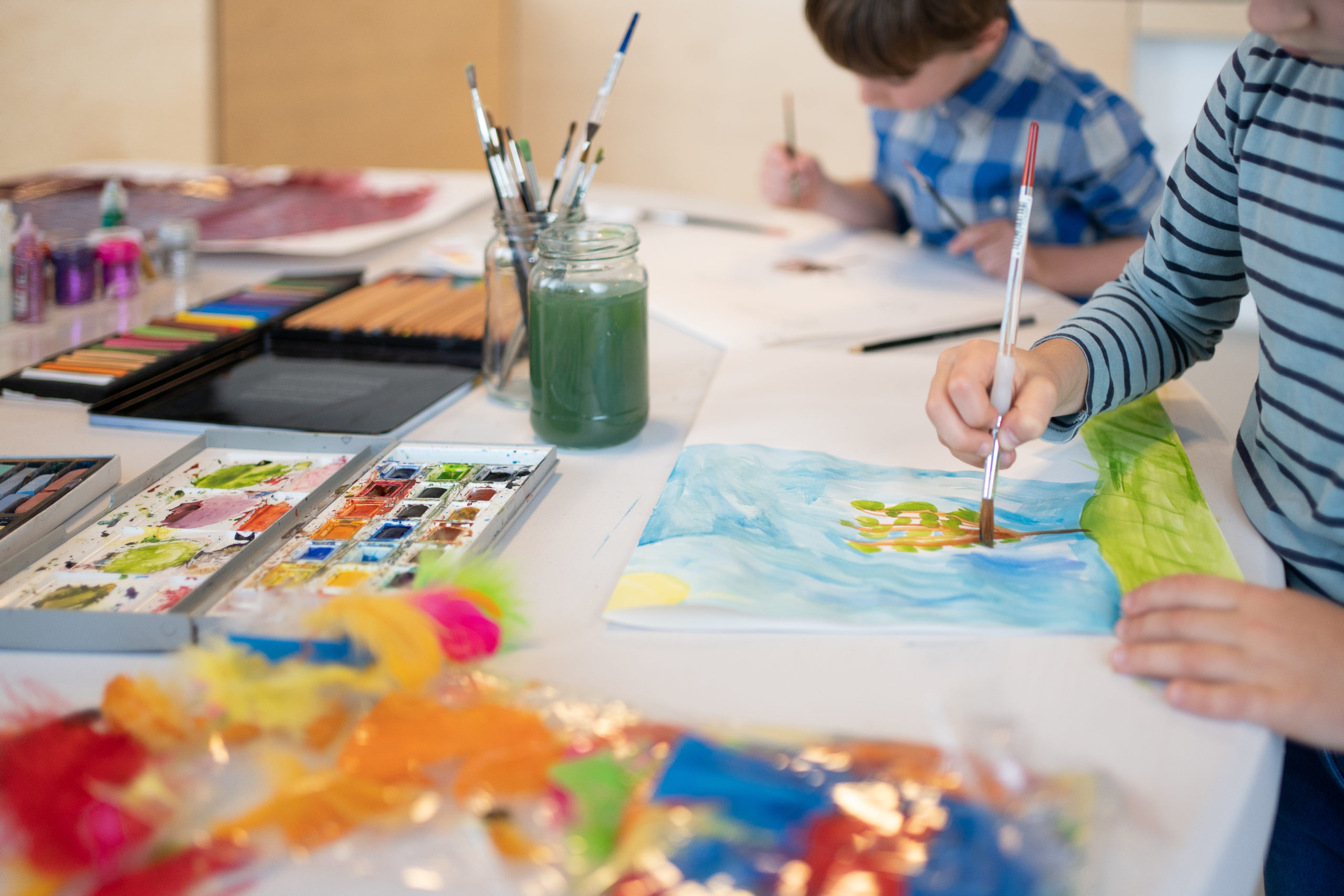Current Thoughts
Navigating the psychological effects of a global pandemic.
By Victoria Tolchard
May 2020
I am acutely aware that this pandemic will affect everyone differently as each one of us has a unique situation.
You might be at home as a family, a family where your children now need home schooling – you might have time to devote to this but you might also need to continue working either at home or out of the house. You might be alone, either young or old or somewhere in between. You might have just been about to take some important exams or start a new job. You may be lucky enough to have a garden or live close to open countryside; others not so fortunate are living in high rise flats in city centres. Some of you will worry about coping financially, others will not.
Most of us will be able to communicate with friends and family through technology but some will not. You may already know people who have had the virus and people that have died, you might be worried about your own mortality, you might not. You may be fit and healthy and already exercise regularly but you may have an underlying health condition or being treated for a long-term illness.
No matter your current situation you will experience a sense of helplessness – some more extreme than others but for the first time the world finds itself in a shared unexpected, unique set of circumstances.
So where do we look for trustworthy wisdom in the middle of a world pandemic?
As I type its 30 days since the government asked us to stay at home. I have had several conversations with professional mental health carer colleagues on how best to support our clients during this time. These are unchartered waters however, so firstly we should acknowledge our lack of understanding about what is happening within ourselves as mental health professionals. By doing so, we can build our learning to then inform how we can best support our clients as they struggle with the current situation.
I felt (and I wonder if it was the same for you?) a sense of disbelief and maybe shock in the weeks leading up to March 23rd, waves of feeling very anxious and overwhelmed about the enormity of the situation sprinkled with thoughts of “is this really happening?” and “surely it won’t be bad in the UK?”. In true old-fashioned denial or was it a British stiff upper lip? I continued to see friends for dinner and had my parents to visit right up to the final moments before lockdown!
Then a week of huge responsibility for keeping my family safe and taking on the challenge of our children’s education. I watched the news constantly and organised a routine for us to fall into whilst frantically looking at ways in which I could help the local community. I have felt an overwhelming feeling of sadness and of fear when listening to the news of the sheer quantity of deaths as well as extreme gratitude for all the NHS and key workers tirelessly and unselfishly working to keep our country alive.
I don’t think I have necessarily yet felt the extreme loss of physical contact with family and friends. Staying connected via social platforms is rather fun and I have spoken to friends more so these past few weeks than I did previously, checking in on how they are doing. But I do of course know that for some the loss of connection is crippling.
One thing I have noticed in many of my conversations is my insesent comments on bargaining ways out of the social distancing, ‘how many more weeks this might go on for’, ‘if I know I have been at home for weeks and my parents have too I can go over to see them, all be it at a distance’. The reality is of course being that there is no bargaining, we must stick to what is being asked of us.
Now about 4 weeks into lockdown, we have as a family settled into a routine and are maybe just about able to accept or at least start to accept our situation, but there are cracks even in our almost idyllic situation because we have never had to do this before, we haven’t experienced a moment in time where the world seems to have stopped and we are onlookers to the heroes of our society making sure we stay alive and well.
What can we onlookers do when our extended world has become unpredictable and rendered us helpless to affect any change to the situation? My professional experience is to advise you to gain a sense of purpose during this time. We have no control of what happens outside of our homes but what we do have is the ability to gain control of our own reactions and help ourselves to manage our current situation.
How we react will be influenced by many different things, including our age and personality, our cultural background and religious beliefs, our previous experiences of unexpected change, our circumstances and how we have coped in the past.
It’s all cliché, it’s all those things we have heard being said time and time again when life gets tough. You may have adopted strategies before in times of distress but more than ever when the outside world is out of control, your mental and physical health needs structure and boundaries with realistic expectations. So here is a reminder of the things that we can all do that will help promote overall wellbeing. There will of course also be necessary individual daily activities and some of you will still be working, but even adopting one or two of the following can help to make a positive difference.
Keeping to a routine or structure to your day is important. This of course will be a different routine to normal and may not follow the same hectic time constraints, but it can and should where possible include getting up, dressed, shaving, doing hair and makeup.
Eating well. Take the opportunity to get a cook book out and discover recipes you don’t usually have time to cook. You might even make enough to share with a neighbour but essentially you must eat well.
Being active. We know this is vital for both mental and physical health and a sense of wellbeing. Doing an hour’s exercise each day based on your own abilities. This might be a walk, a run, you might look at doing an online exercise session. Joe Wicks – The Body Coach is not just doing online sessions for children he offers sessions for all ages and abilities.
Yoga and meditation or some form of mindfulness. This might be just 5 minutes sat quietly, being mindful of the little things that we are grateful for or a full hour if this is your normal routine.
Being out in the fresh air. Not that easy in a ‘lockdown’ situation. However just taking a few minutes each day to connect with nature wherever and however possible will help to raise the spirits.
Staying connected with family, friends and your community. This may be easy for many of us via social media. For those with no access to such technology, reaching out to family, friends and community over the phone is vital.
Try to keep occupied. Do all those things you never normally have time to do or explore new interests that you always wish you had time to do.
As an Art Therapist, I am passionate about being creative as research shows that this has huge psychological benefits. This doesn’t have to be just arts and crafts, anything that involves using your creative brain – gardening, knitting, constructing, model making, clay, painting, DIY, playing music, singing or writing.
However if today finding your own sense of fulfilment feels overwhelming stop, take some time and be kind to yourself. It is the one thing that I say more than anything else to those I support professionally – ‘BE KIND TO YOU!’
Victoria Tolchard is an Art Psychotherapist based in Cavendish Suffolk. Victoria is registered with the Health and Care Professions Council and is a member of the British Association of Art Therapist.



